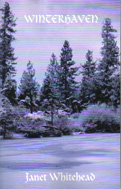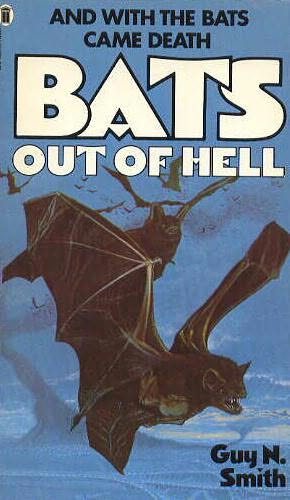 |
BOOKENDS BOOKS --
BEHIND THE SCENES

In May 2009, Dave was interviewed about his own publishing imprint, Bookends Books. Here's what he had to say:
Q: Firstly, how did you come to start publishing your own books?
DW: It all started about sixteen years ago with a romance called Winterhaven. On the very day I finished writing it, I discovered that my publisher was getting out of the romance business -- which of course left me with a book and no-one to publish it. Anyway, to cut a long story short, I wasn't able to sell the book to anyone else so it ended up languishing in a carton in my loft. Then, one morning in 2006 I happened to catch a news item on breakfast television about www.lulu.com and the opportunities for self-publication. The rest, as they say, is history!
Q: So you self-published Winterhaven?
DW: Yes. That was in February 2007, and when I look back to the actual production of the book now, I realise I didn't have a clue what I was doing. If it hadn't been for my computer-savvy daughter Angie, we never would have got that first book out at all.
Q: Did it sell well?
DW: Let's just say that it didn't take long to turn a profit.
Q: Did you intend to go on publishing at that point?
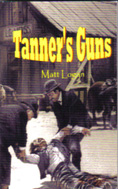
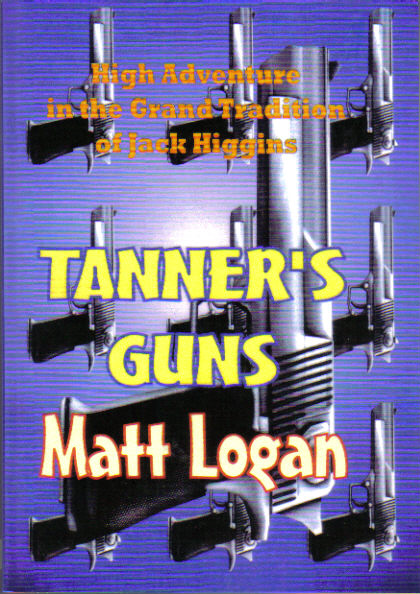
DW: No. But then something happened, I don't know, it just got into my blood somehow. Although I was happy enough with the first book, I knew we could do better. So I decided to reissue one of my earlier westerns, a book called Tanner's Guns, which I had always considered to be pretty good, but which had never really gotten the audience it deserved. By then I'd learned a lot of lessons from Winterhaven, and as a consequence Tanner's Guns looked much more like a 'real' paperback. After that we were on our way.
Q: What was it that fired you up about self-publishing?
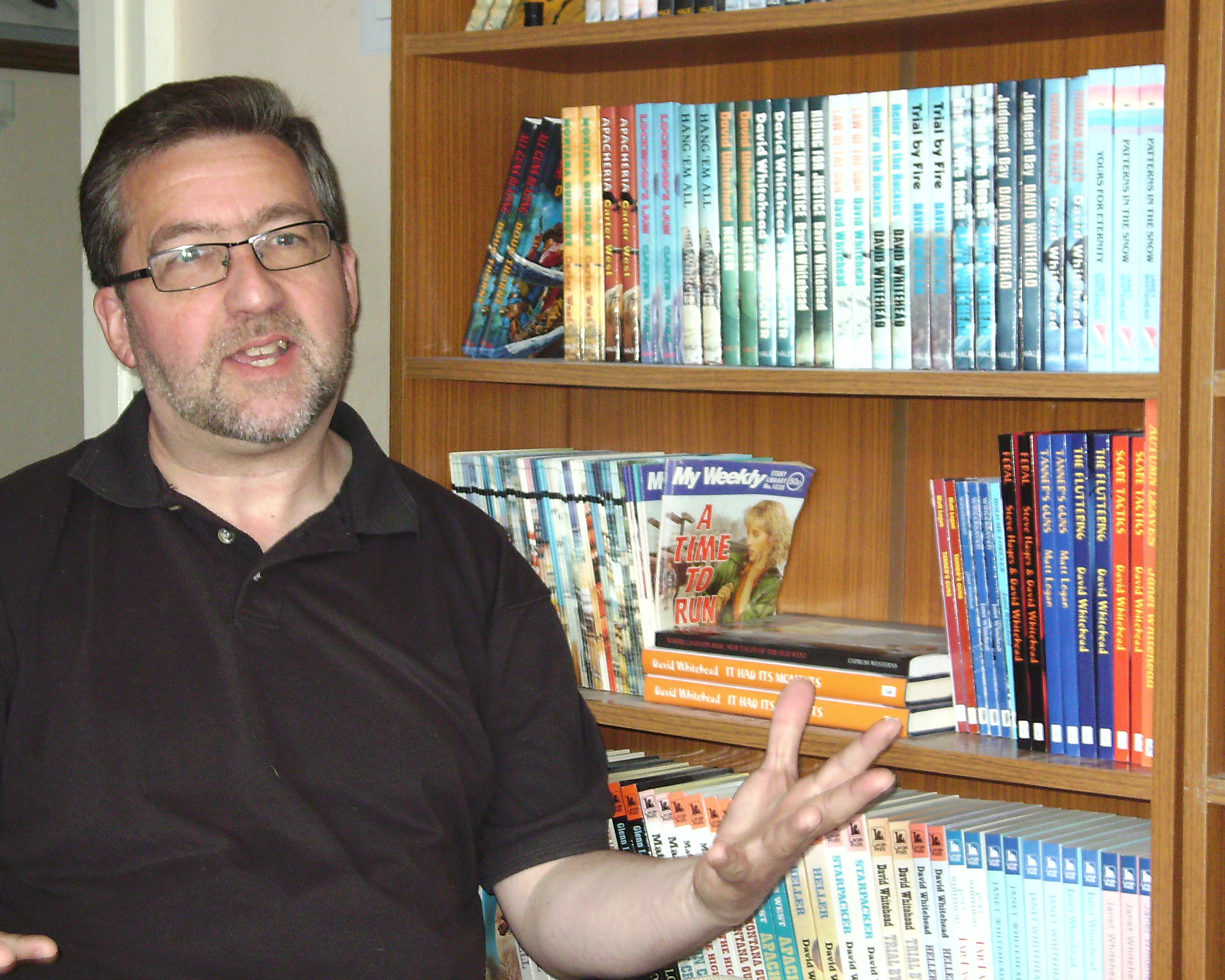
DW: The obvious answer is that it gave me complete freedom over the project -- that my word was final. I had the final say over everything -- the cover, the blurb, the quality of the paper used, the typeface, the length of the book, the price. But more than that, it gave me more freedom simply to write.
Q: How do you mean, exactly?
DW: If you hope to make a living from writing, the first thing you have to do is write what you know you can sell. You may have the greatest idea in the world, but if you can't sell it, what good is it to you? When I first started writing, I tried my hand at all kinds of fiction. But after I had some success with westerns, I stuck with those because I'd found a market. From that point on, if I had an idea for any other kind of story, I'd always ask myself first whether or not I could sell it. Nine times out of ten I knew that it would be almost impossible to get anyone to even consider it.
Now, if I get an idea, and see a way I can make that book into an attractive, marketable product that people will want to read, and indeed is worth reading, I'll go for it. That has been good for me as a writer. I've surprised myself with what I've been able to do away from the western genre I know so well. In the long run it will also be good for readers, because they'll have more choice than regular publishers are presently willing to allow them.
Q: Does that mean you've written your last western?
DW: Perish the thought! I love this genre and will continue to write westerns as long as people want to read them. To be perfectly honest with you, I don't see how it would ever be possible for me not to write westerns.
Q: I believe your third self-published book was an autobiography?
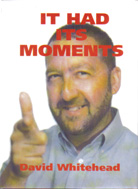
DW: Yes. I'd wanted to try my hand at writing one for years, and finally I wrote it in secret so that I could publish it and then hand out copies as corny but unusual Christmas presents to family and friends. Basically it was a fully-illustrated 235 page book that covered the first seventeen years of my life, right up until I decided to leave grammar school and go out into the big wide world.
Q: Why did you decide against making it available to the public?
DW: Well, who'd be interested, apart from the aforementioned family and friends? In any case, it was never intended for the public. It was just something I wanted to do and enjoyed doing, a cheap and cheerful, one-of-a-kind sort of Christmas present. It was also the first and to date only hardcover we've produced.
Q: Bookends published three books in 2007, and four more the following year.
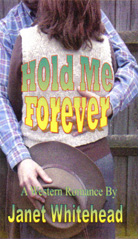
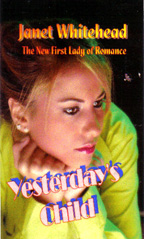
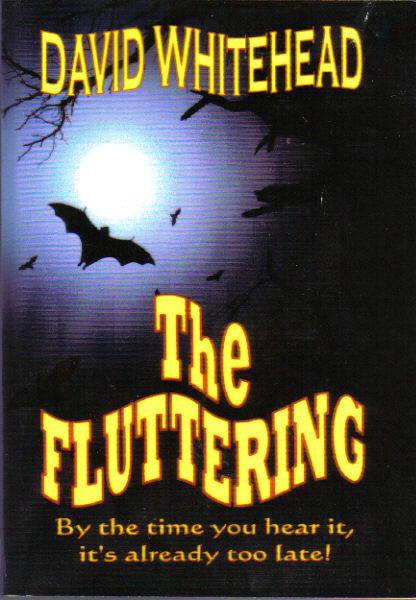
DW: Yes. In April 2008 I finally gave myself the chance to write Hold Me Forever, a romance I'd been planning to write for about fifteen years. I think it worked out pretty well. Incidentally, that's me hugging my daughter on the cover. My wife, Janet, was the photographer. Angie got the job because her hair was longer than Janet's.
I also dusted off two earlier, unpublished novels. Yesterday's Child was a complete revision of my first-ever, unpublished romance, For Better or Worse. Then came The Fluttering, a so-called 'nasty' horror novel originally from 1977. The Fluttering very nearly became my first published book, but unfortunately New English Library, who was then the main 'nasty' publisher, had just bought similar book from another author. When I spotted Bats Out of Hell in a newsagent's window a few months later, I realised that Guy Smith had pipped me to the post.
Anyway, I still felt that The Fluttering had potential as a novel, so it became another candidate for self-publication. I completely revised and updated the story. The only things I kept from the original were the names of the principal characters. It's a book I'm especially proud of, and one that has surprised a lot of the people who've read it. It was the last thing they expected from me.
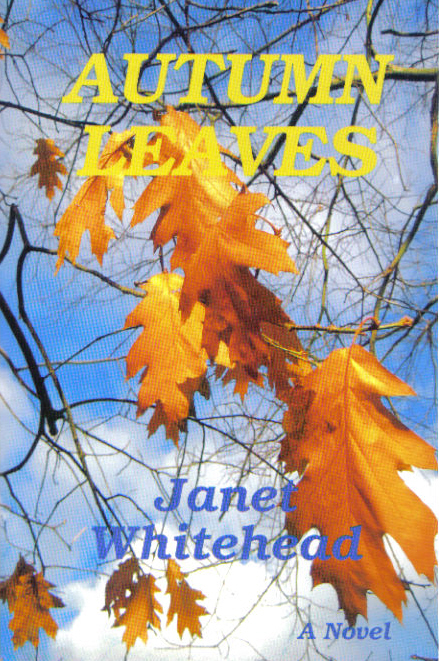
Finally, in December we issued Autumn Leaves, a beautiful story about three wartime evacuees who are taken from their homes in East London and transplanted to a sleepy village in Norfolk. I'm free to sing the praises of this one because I had nothing to do with it -- it was written by my wife.
Q: The books all have a very similar look: is this intentional?
DW: Yes. I guess you can call it our own particular house style. We now try to go for illustrated covers, not photographs, and eye-catching typefaces. And we always add a little symbol to the insides of the books as well, a cat, a knife, vampire's fangs, whatever fits the story. The aim is to make the books visually pleasing, with clear, easy-to-read type and matching spines.
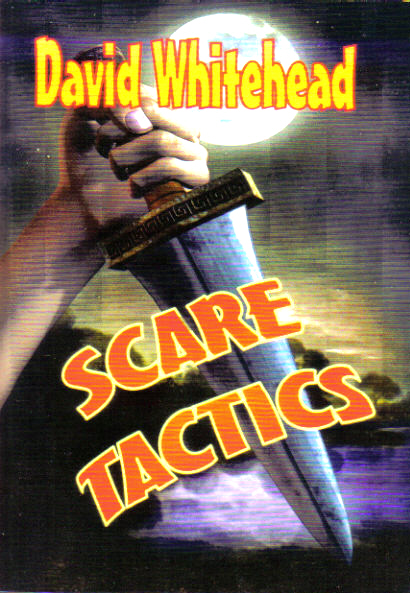
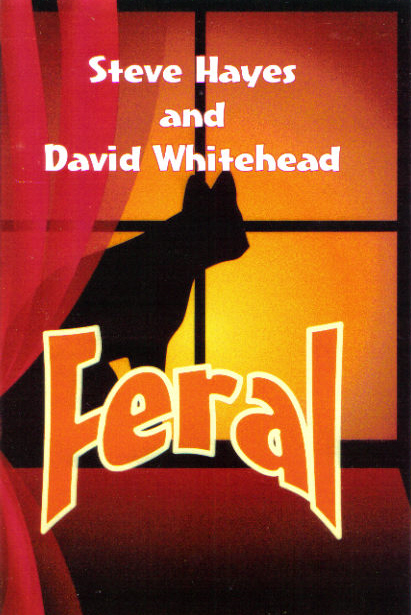
Q: In January 2009 you published a collection of horror stories. Aren't anthologies notoriously hard to sell?
DW: That's what publishers would have us believe. But unless they actually publish them, how do they know whether they can sell them or not? Scare Tactics came about because I had so many stories scattered around the place, which I'd written from the age of about sixteen onwards, that I decided to collect seven of the best together and put them between one set of covers. Again, reactions have been very favourable. We plan to follow Scare Tactics with Shock Treatments and later, Sheer Terrors.
Q: And more horror novels?
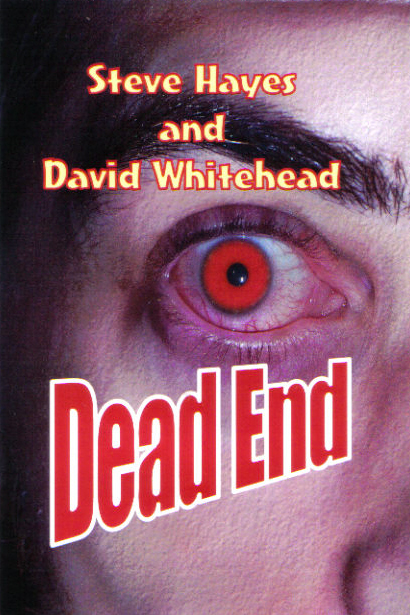
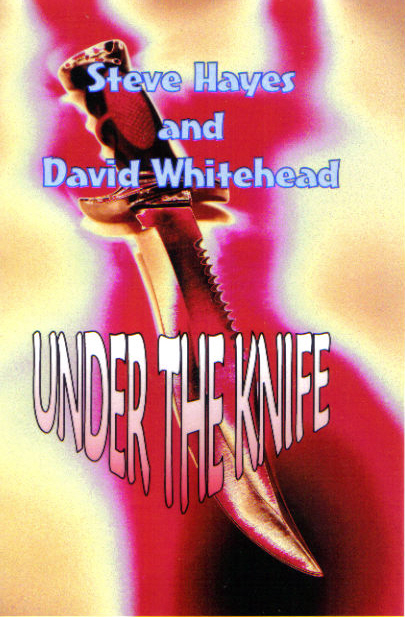
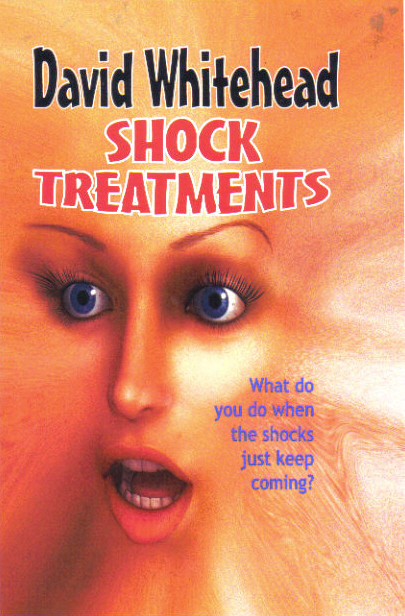
DW: I think it's going that way. Steve Hayes and I have collaborated on a few projects that fall into that category. Feral, which is a psychological thriller, came out in April 2009. Dead End is more of an all-out horror novel: we hope to have that one on the shelves by June 2009.
Q: You recently reissued Tanner's Guns. Why was that?
DW: Because I always felt that it was a high adventure that was masquerading as a western. So I figured it would be nice to retire the first Bookends edition and reissue it in a different format that reflected what it's really about a little more accurately.
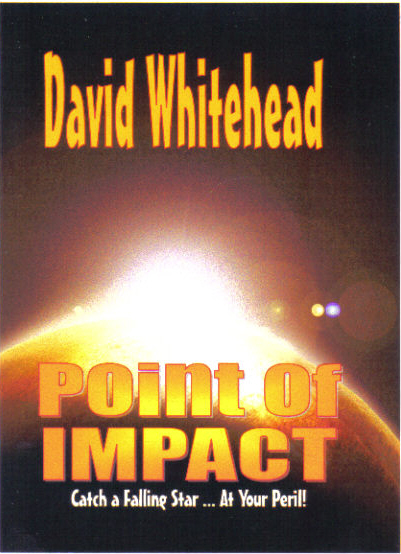
Q: Is it too soon to ask what other plans are in store for Bookends?
DW: Not at all. I can't give you any firm publication dates -- we're still not that organised yet! -- but there's a SF novel called Decision in Space which I'm co-writing with my dear friend Alfred Wallon, a collection of WWII stories called Let 'Em Have It, a Hammer horror-style novel called The Dead Are Awake!, a SF thriller called Point of Impact and more romances.
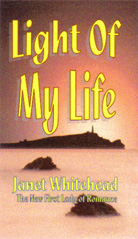
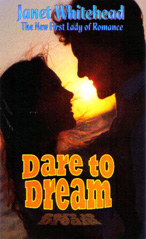
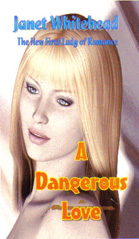
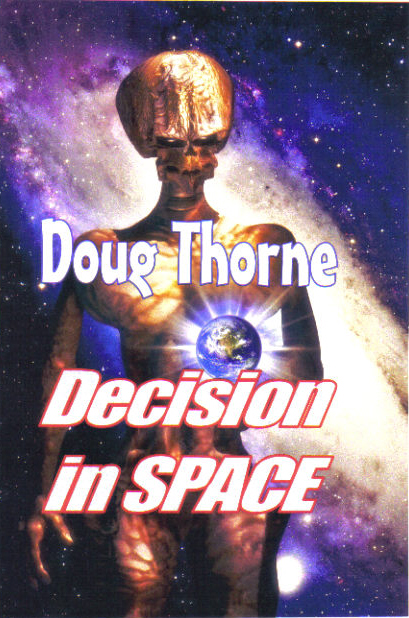
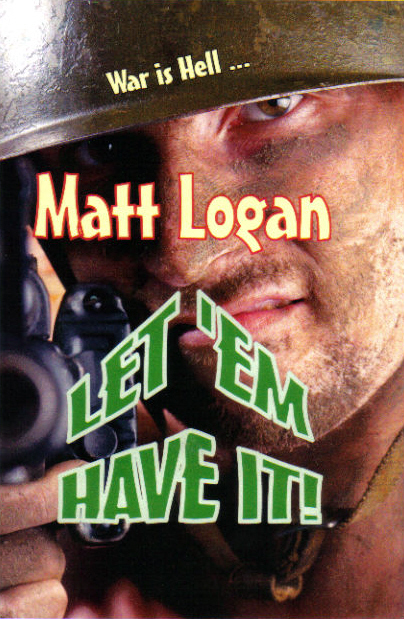
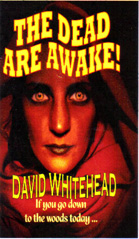
Q: Will you ever get to the stage where you have a regular monthly schedule?
